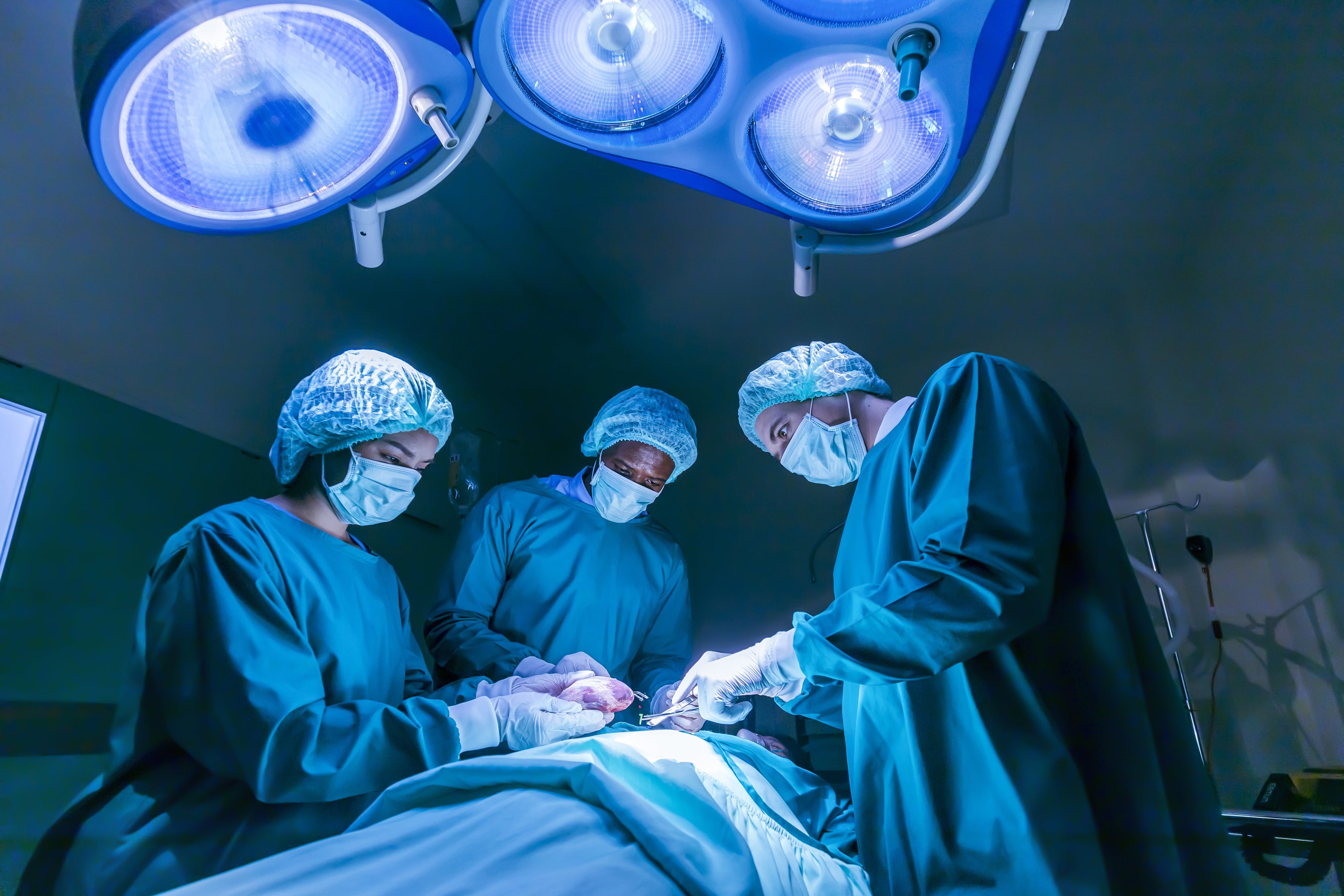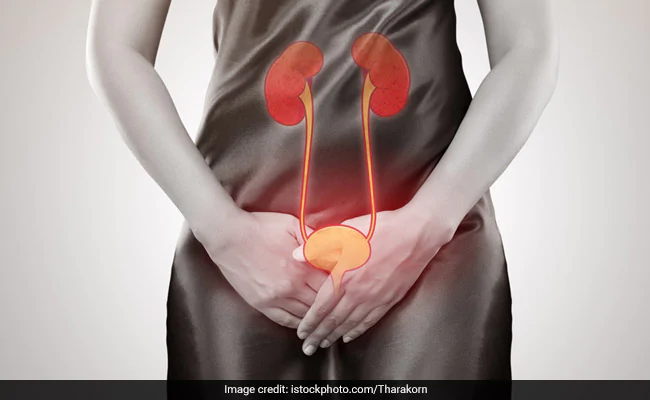- Our Doctors
- Our Specialities
Centres of Excellence
-
 Centre for Blood Diseases, BMT & Cancer Immunotherapy
Centre for Blood Diseases, BMT & Cancer Immunotherapy -
 Centre for Bone, Joint & Spine
Centre for Bone, Joint & Spine -
 Centre for Critical Care Medicine and ECMO Services
Centre for Critical Care Medicine and ECMO Services -
 Centre for Gastrosciences
Centre for Gastrosciences -
 Centre for Heart & Vascular Care
Centre for Heart & Vascular Care -
 Centre for Nephro-Urosciences
Centre for Nephro-Urosciences -
 Centre for Neurosciences
Centre for Neurosciences -
 Centre for Obstetrics and Gynaecology
Centre for Obstetrics and Gynaecology -
 Centre for Organ Transplantation
Centre for Organ Transplantation
Super Speciality
-
 Advanced Diagnostic and Interventional Radiology
Advanced Diagnostic and Interventional Radiology -
 Anesthesiology & Pain Management
Anesthesiology & Pain Management -
 Clinical Nutrition and Dietetics
Clinical Nutrition and Dietetics -
 Dental and Maxillofacial Surgery
Dental and Maxillofacial Surgery -
 Dermatology
Dermatology -
 Emergency and Trauma
Emergency and Trauma -
 Endocrinology and Metabolic Disease
Endocrinology and Metabolic Disease -
 ENT and Head & Neck Surgery
ENT and Head & Neck Surgery -
 Family Medicine
Family Medicine -
 General and Laparoscopic Surgery
General and Laparoscopic Surgery -
 General Medicine
General Medicine -
 GI Onco Surgery
GI Onco Surgery -
 GI Oncology
GI Oncology -
 GI Surgery, Advanced Laparoscopy and Gastro Oncosurgery
GI Surgery, Advanced Laparoscopy and Gastro Oncosurgery
-
- Key Procedures
- Our Hospitals
- International Patient
- Contact us
-
Quick Links
Blogs

Understanding Kidney Cancer
Renal cancer, commonly referred to as kidney cancer, is a type of cancer wherein the cells in the kidney turn abnormal or cancerous (malignant) and grow uncontrolled, thus forming a tumour. Factors such as smoking, genetic conditions, consumption of excessive pain medication or being on dialysis for a long time and having high blood pressure can put you at risk of kidney cancer. In most cases, there may not be any symptoms of kidney cancer in its early stages, but if left untreated, the tumours can grow into a larger size causing other health issues.
Symptoms of Kidney Cancer
The symptoms in case of kidney cancer start to show when the tumour begins to grow in size. While there are almost no symptoms when the tumour is small, in case of larger tumours, you may experience symptoms such as blood in the urine, pain in loin or lower back pain, lump on the side of back/belly, unexplained weight loss amongst others. Although these can be caused by conditions that are not cancer, urgent medical attention and doctor consultation is necessary.
Diagnosing Kidney Cancer
After analysing the symptoms and a detailed clinical examination, urine tests (to check for blood traces in the urine or other symptoms), Ultrasound scan (to get an image of the kidneys and the tumour and its type), chest X-Ray and a CT scan of the abdomen (to take detailed images of the kidneys and confirm) are suggested by the Urologist during the diagnosis of kidney cancer.
Treatment of Kidney Cancer
Upon diagnosis of kidney cancer and determining the stage, the treatment options are planned.
Out of the many types of treatments suggested for kidney cancer, surgery to remove the cancerous mass is the best treatment option. If the size of the tumour is small, the surgeon will remove only the tumour along with some surrounding tissues sparing the kidney. This procedure is known as Partial Nephrectomy. However, if the tumour is significantly big, the surgeon will perform a Radical Nephrectomy through which the kidney, adrenal gland and some of the surrounding tissues, lymph nodes are completely removed. Surgery is now most done using laparoscopic (keyhole) route.
In some cases, surgery is done even if the cancer has spread to the other nearby organs.
Some of the other treatment methods include Targeted Therapy (use drugs to locate and target the cancer cells and block the enzyme pathway that helps the cancer cells to grow) and Immunotherapy (use medicines to make immune system strong enough to fight and stop the cancer cells from growing further).
It must be kept in mind that, with early detection and right treatment at the right time, cancer can be cured also in almost all cases. However, the chances of recurrence of cancer always continue to persist. That is why it is important to maintain post-treatment check-ups and undergo lab tests, X-rays, and CT scans to review any chance of a recurrence.
Latest Posts
-
 Awake Craniotomy Jul 12, 2022
Awake Craniotomy Jul 12, 2022 -
 Curing Constipation Jul 12, 2022
Curing Constipation Jul 12, 2022 -
 The ‘Gut Health’ Buzz Jul 12, 2022
The ‘Gut Health’ Buzz Jul 12, 2022 -
 Tips to Prevent UTI Jul 12, 2022
Tips to Prevent UTI Jul 12, 2022
Categories
- Clinical Nutrition and Dietetics
- Endocrinology and Metabolic Disease
- General and Laparoscopic Surgery
- General Medicine
- Physical Medicine and Rehabilitation
- Psychiatry
- Centre for Heart & Vascular Care
- Centre for Bone, Joint & Spine
- Centre for Neurosciences
- Centre for Gastrosciences
- Centre for Nephro-Urosciences
- Centre for Blood Diseases, BMT & Cancer Immunotherapy
- Centre for Obstetrics and Gynaecology

 +91 9393 108 108
+91 9393 108 108

















































